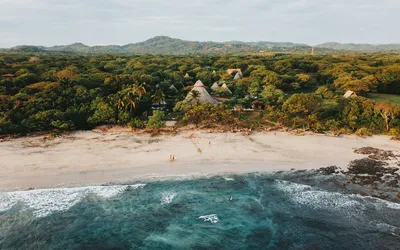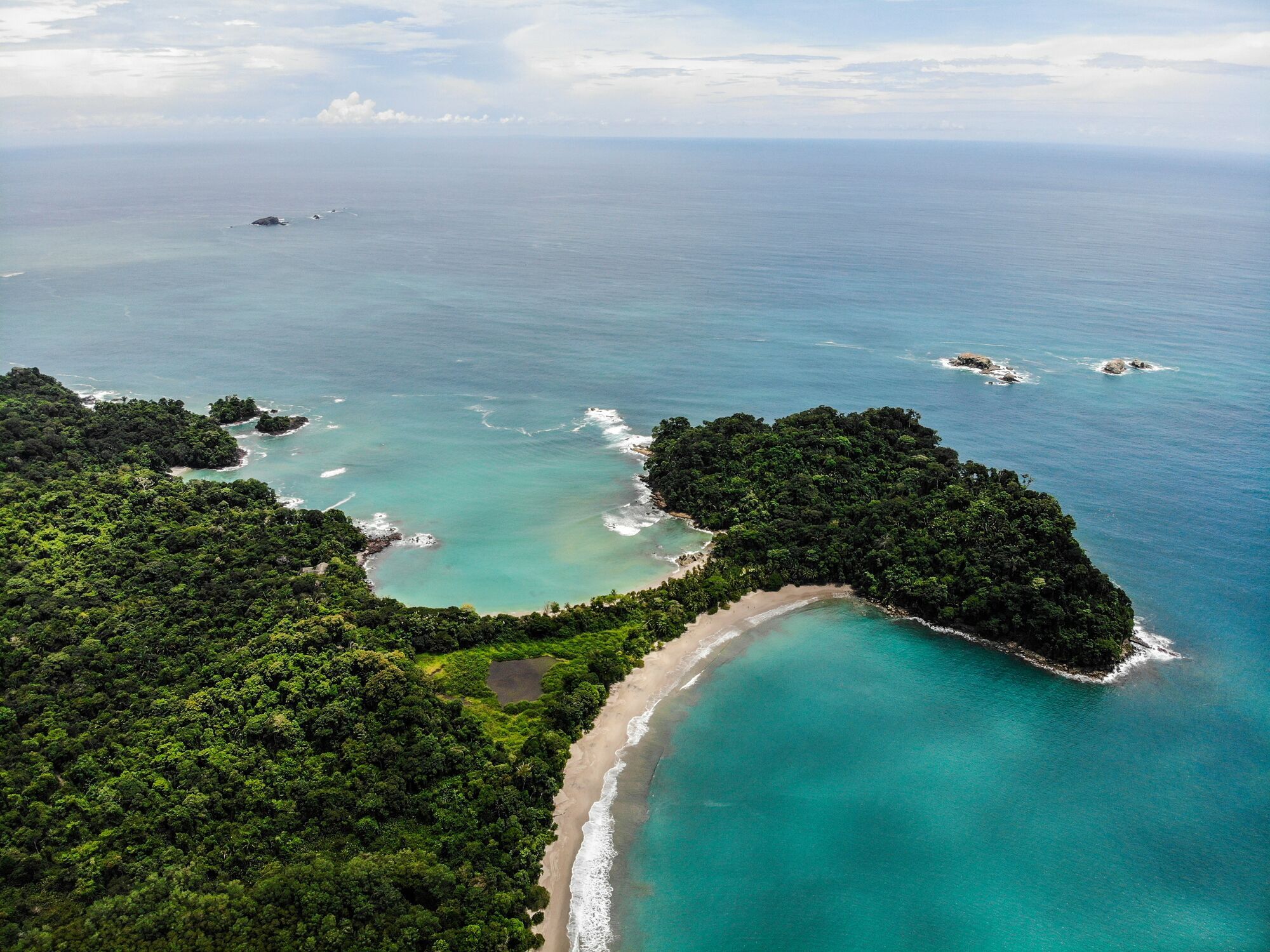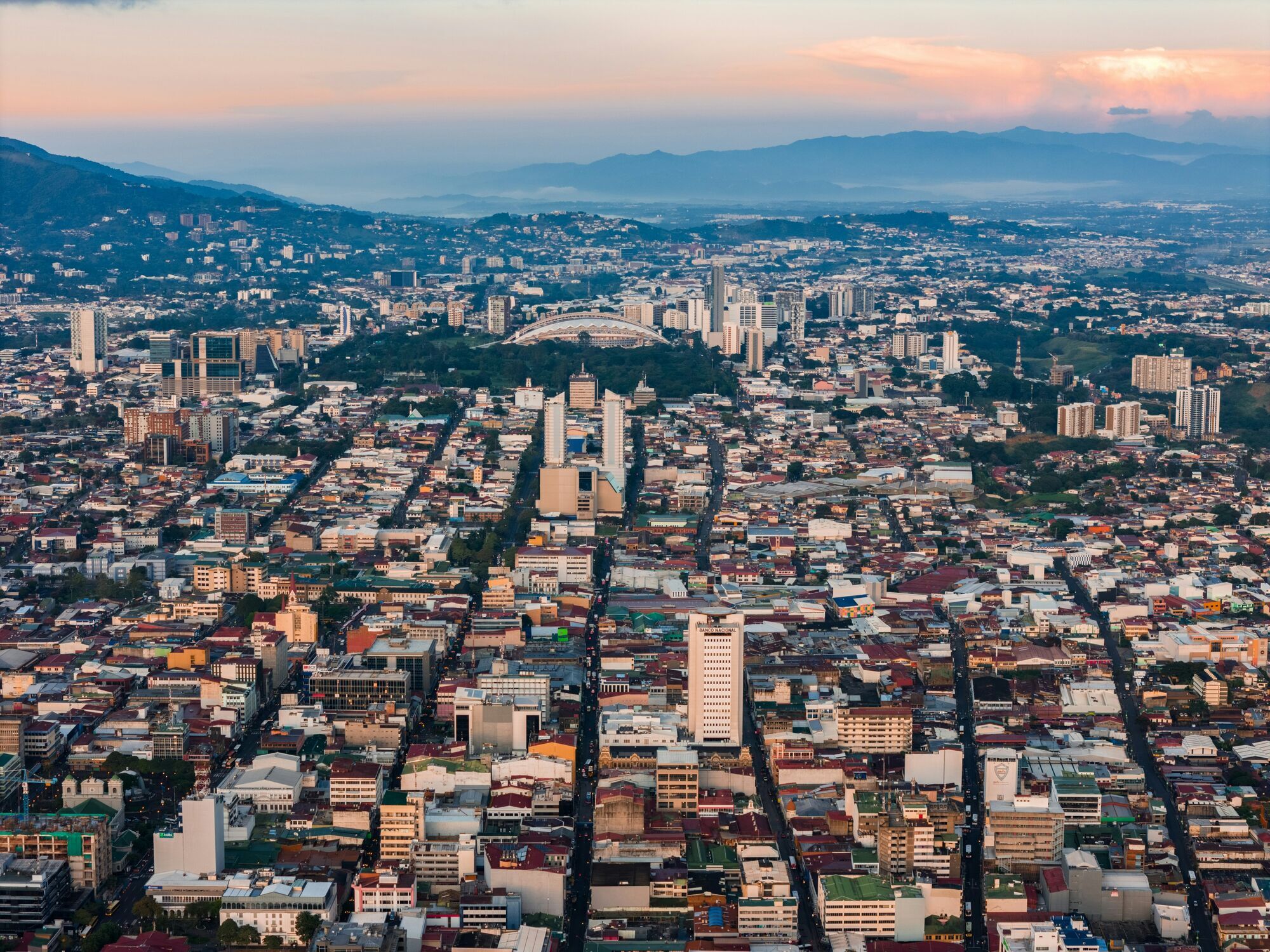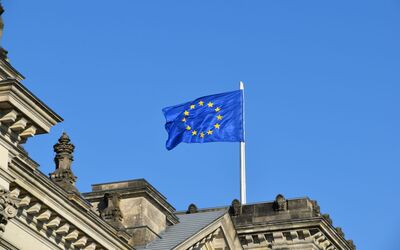Why Costa Rica? Nature, Safety & Comfort
Costa Rica keeps topping the wish‑lists of expats, digital nomads, founders, and young families planning a move. In 2024 it was ranked the world’s most comfortable country for newcomers, thanks to an easy onboarding process and a genuinely welcoming vibe. A solid 83 % of expats say they “feel at home” here, while 88 % praise the locals’ warmth.
What seals the deal?
- Mild, stable climate – no extreme heat waves or cold snaps.
- Spectacular nature – 25 % of the country is protected as national parks or reserves.
- Green credentials – almost 99 % of Costa Rica’s electricity comes from renewables.
- Safety & political stability – the safest nation in Central America, well ahead of its neighbours.
Another major upside is security and political stability: Costa Rica is consistently rated the safest country in Central America.
Costa Rica scores high on the “life‑essentials” chart. Its public health service (Caja) is ranked among the best in Latin America, and both medical care and schooling are free for residents. One nuance: state schools teach exclusively in Spanish. If you prefer an English or IB curriculum, there’s no shortage of options—San José alone hosts 23 international schools.
Living expenses? Still wallet‑friendly. Costa Rica may be pricier than some neighbours in the region, yet it remains roughly 51 % cheaper than the US and well below major European capitals—especially for rent and groceries.
Add in a nationwide wellness culture—think farmers’ markets packed with organic produce, plus gyms, surf camps and yoga studios on every corner—and staying healthy becomes the easy default.
Costa Rica Residency: Which Path Should You Choose?
1. Investor Visa
Who it’s for
- Movers ready to invest in Costa Rica’s economy and enjoy greater travel freedom.
Investment options
- US $100,000 — reforestation, forest‑conservation or timber projects (SETENA + municipal permits required).
- US $150,000 — purchase of residential or commercial property, or movable assets (e.g. car, yacht).
- US $150,000 — a new or existing Costa Rican business (business plan needed for start‑ups).
- US $150,000 — government‑approved projects that foster economic or environmental development.
Additional requirement
- You must prove the lawful origin of your funds.
Timing & costs
- Processing time: roughly nine months.
- Extra fees: about US $2,815 for the main applicant plus US $1,685 per family member.
Key benefits
- No obligation to reside in the country full‑time to maintain your temporary residency.
- After three years, if you spend at least 180 days per year in Costa Rica, you can apply for permanent residency.
- After seven years you may qualify for citizenship.
2. Digital Nomad Visa
Who it’s for
- Freelancers, remote employees and online entrepreneurs who simply want to live in Costa Rica for a while without planning to pursue citizenship later.
Requirements
- Prove a stable remote income of at least US $3,000 per month, or US $4,000 for a family.
- Hold medical insurance that provides coverage in Costa Rica.
Timing & costs
- Processing time is roughly three months.
- Government fee is around US $100.
Key benefits
- The initial residence permit is issued for one year and can be renewed once for another year.
- Exemption from local taxes on income earned outside Costa Rica.
3. Retiree Visa (Rentista)
Who it’s for
- People with passive income streams such as pensions, rental yields or investment returns.
Requirements
- Show a minimum passive income of US $1,000 per month; or
- Place a US $60,000 deposit in a Costa Rican bank for a two‑year term.
Timing & costs
- Processing takes about nine months.
- Government fee: roughly US $50 for the main applicant and the same amount for each family member.
Key benefits
- After three years—provided you have spent at least 180 days per year in the country—you can upgrade to permanent residency.
- After seven years you may apply for citizenship.
Relocating with Family
All visa categories let you secure residency for your dependants at the same time as your own. Eligible family members include:
- Your spouse
- Minor children
- Unmarried children aged 18–25 who rely on you financially
- Parents who are financially dependent on you
Aside from the financial thresholds tied to each visa type, you won’t be asked to show extra funds based on family size—a hurdle applicants face in many other countries.
From Residency to Passport
Costa Rica lets you naturalise seven years after first obtaining temporary residency (three years on a temporary permit, followed by four years as a permanent resident).
Citizenship requirements
- Demonstrate Spanish proficiency—spoken and written (exam)
- Pass a test on Costa Rican history and culture
- Present two witnesses who can vouch for your good character and social integration
A Costa Rican passport opens visa‑free (or visa‑on‑arrival) travel to 149 countries, including the entire Schengen Area.
Taxes in Costa Rica
Costa Rica follows a territorial tax system: income earned outside the country is tax‑free, and only locally sourced income is subject to tax.
Income‑tax brackets for self‑employed individuals and residents
- Up to US $7,500 per year — 0 %
- US $7,500 – 11,200 — 10 %
- US $11,200 – 18,700 — 15 %
- US $18,700 – 37,500 — 20 %
- Over US $37,500 — 25 %
Quick tax table for expats
| Tax | Rate | Comment |
|---|---|---|
Income tax (residents) | 0–25 % | Applies only to Costa Rica‑sourced income |
Income tax (non‑residents) | 30 % | Applies only to Costa Rica‑sourced income |
Corporate tax | 30 % (10 – 20 % for small businesses) | Applies only to Costa Rica‑sourced income |
VAT | 13 % (standard) | Charged on goods and services |
Social security contributions | 10.66 % / 26.33 % | For employees under contract (employee / employer share) |
Dividends | 15 % | Withheld at source |
Capital gains | 15 % | On gains from the transfer of assets |
Property tax | 0,25 % | Based on cadastral value |
Inheritance tax | 0 % | No tax |













